US jet fuel tanker, cargo ship collide off UK coast
A cargo vessel carrying a toxic chemical collides with a US-military chartered oil tanker in the North Sea

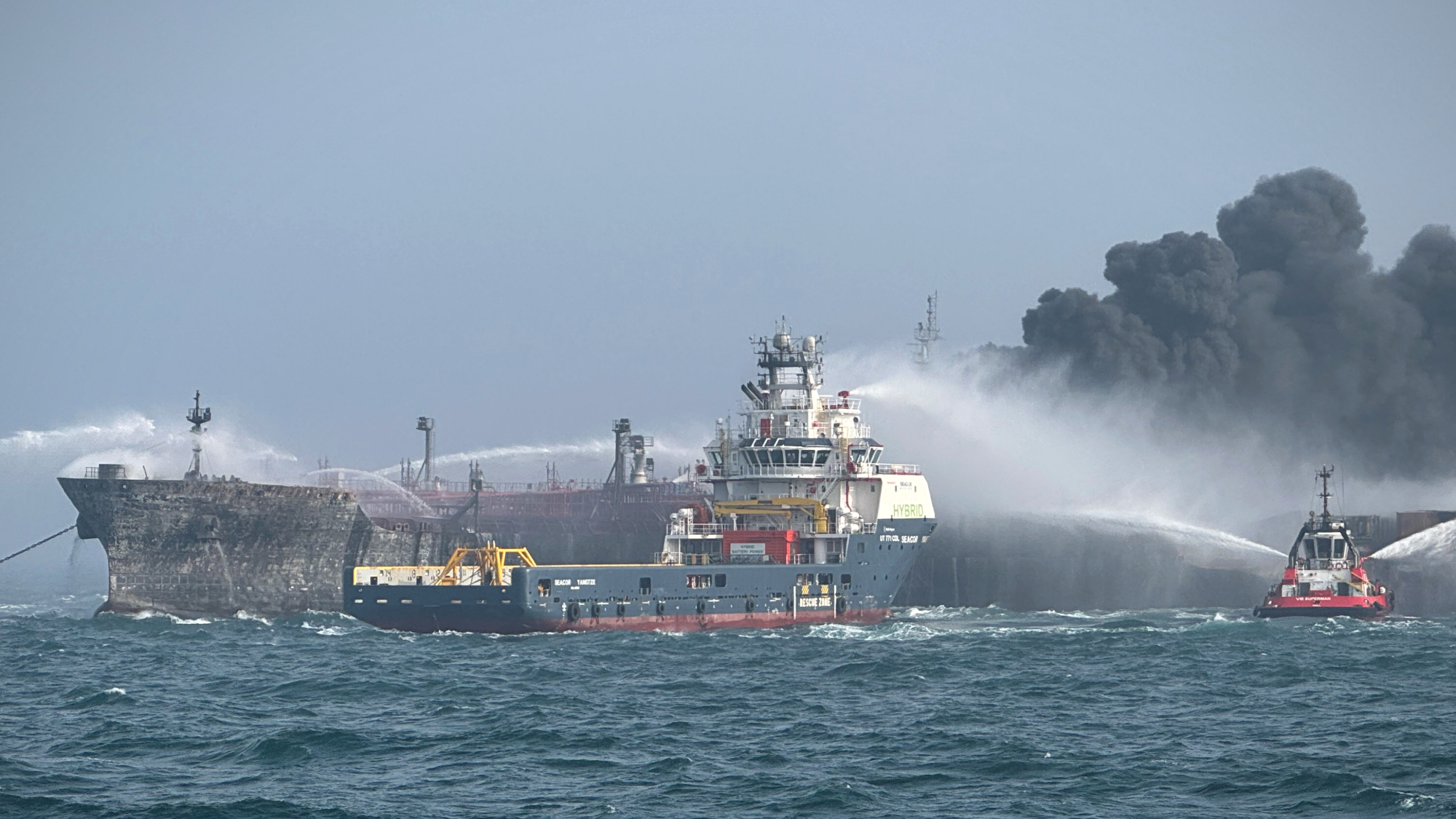
A free daily email with the biggest news stories of the day – and the best features from TheWeek.com
You are now subscribed
Your newsletter sign-up was successful
What happened
A container ship hauling toxic chemicals collided with a tanker carrying jet fuel for the U.S. military off the northeast coast of England Monday, causing multiple explosions. The crews of both vessels abandoned ship, and Britain's coast guard said 36 sailors were safely taken ashore. The owner of the cargo ship, the Solong, said one crew member was missing.
Who said what
The U.S.-flagged tanker Stena Immaculate was carrying Jet-A1 fuel for the U.S. Navy's Military Sealift Command, a military spokesperson and the ship's U.S. operator, Crowley Logistics, told Reuters. One crew member told the BBC that the Solong, registered in Portugal and owned by German firm Ernst Russ, came out of nowhere and collided with the 600-foot Stena Immaculate at 16 knots.
"Both vessels have sustained significant damage in the impact of the collision and the subsequent fire," Ernst Russ said in a statement. Some residents reported seeing a "massive fireball" after the crash, said Martyn Boyers, CEO of the Port of Grimsby East. The Solong was carrying 15 containers of sodium cyanide, a toxic chemical used in gold mining and other commercial applications, and alcohol.
The Week
Escape your echo chamber. Get the facts behind the news, plus analysis from multiple perspectives.

Sign up for The Week's Free Newsletters
From our morning news briefing to a weekly Good News Newsletter, get the best of The Week delivered directly to your inbox.
From our morning news briefing to a weekly Good News Newsletter, get the best of The Week delivered directly to your inbox.
What next?
The collision released jet fuel into the Humber Estuary, and "efforts to assess any environmental damage are still ongoing," the BBC said. The impact on seabirds, gray seals and fish from the jet fuel was likelier to be more immediate and of shorter duration than with a crude oil spill, Mark Hartl, a scientist at Edinburgh's Heriot-Watt University, said to The Washington Post. But the fuel can still be hazardous for wildlife, and the fact that it's burning "changes the complexity and chemistry," so "it's a bit early to speculate" on the final damage.
A free daily email with the biggest news stories of the day – and the best features from TheWeek.com
Peter has worked as a news and culture writer and editor at The Week since the site's launch in 2008. He covers politics, world affairs, religion and cultural currents. His journalism career began as a copy editor at a financial newswire and has included editorial positions at The New York Times Magazine, Facts on File, and Oregon State University.
-
 Gwen John: Strange Beauties – a ‘superb’ retrospective
Gwen John: Strange Beauties – a ‘superb’ retrospectiveThe Week Recommends ‘Daunting’ show at the National Museum Cardiff plunges viewers into the Welsh artist’s ‘spiritual, austere existence’
-
 Should the EU and UK join Trump’s board of peace?
Should the EU and UK join Trump’s board of peace?Today's Big Question After rushing to praise the initiative European leaders are now alarmed
-
 Antonia Romeo and Whitehall’s women problem
Antonia Romeo and Whitehall’s women problemThe Explainer Before her appointment as cabinet secretary, commentators said hostile briefings and vetting concerns were evidence of ‘sexist, misogynistic culture’ in No. 10
-
 Are car headlights too bright?
Are car headlights too bright?The Explainer 82% of UK drivers concerned about being ‘dazzled’ as LED bulbs become more common
-
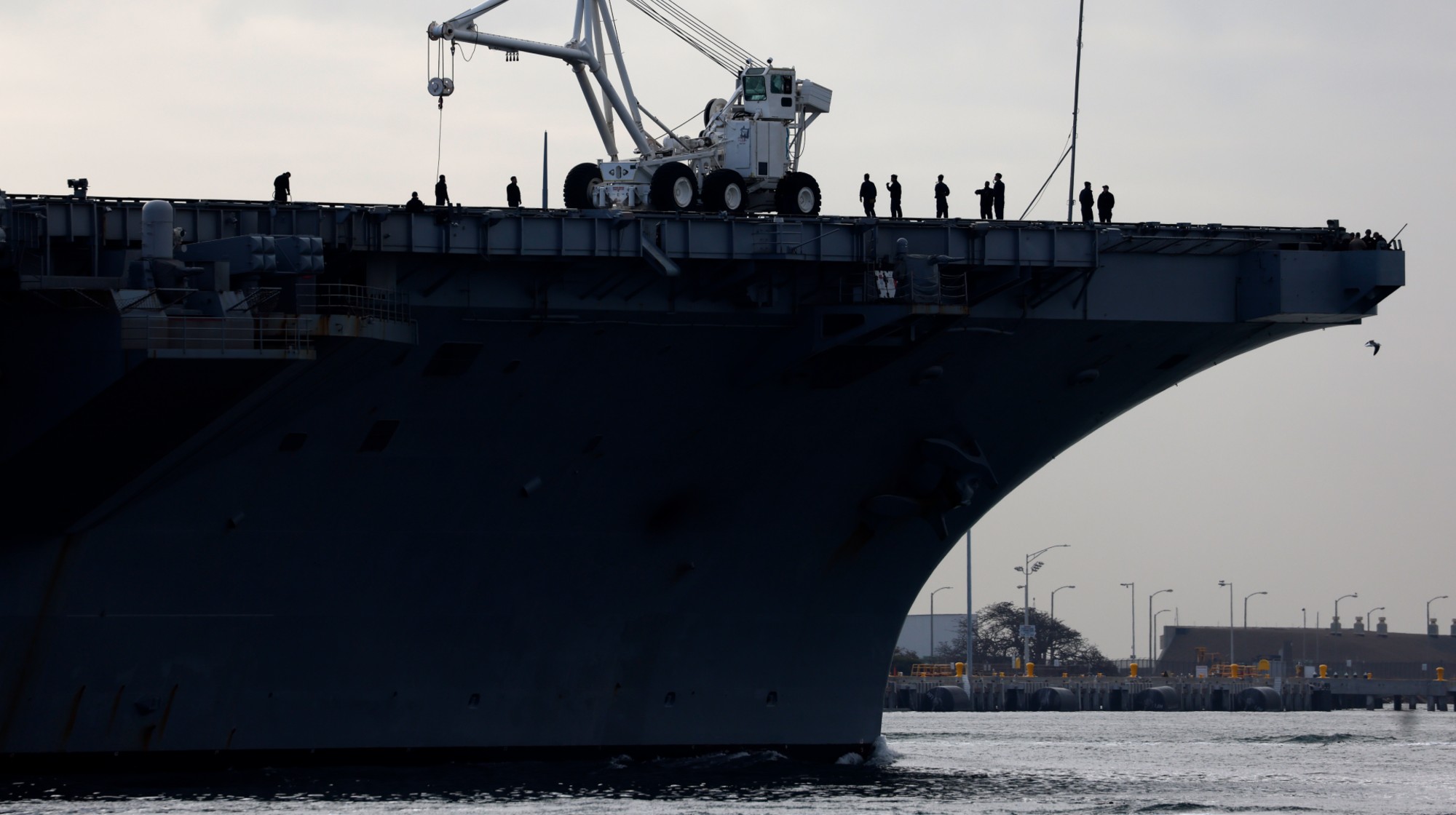 Navy jet, helicopter crash half-hour apart off carrier
Navy jet, helicopter crash half-hour apart off carrierSpeed Read A US Navy helicopter and a fighter jet both crashed in the same half-hour during separate operations
-
 Is New York City mayoral candidate Zohran Mamdani’s plan for free buses realistic?
Is New York City mayoral candidate Zohran Mamdani’s plan for free buses realistic?Talking Points A transit innovation or a costly mistake
-
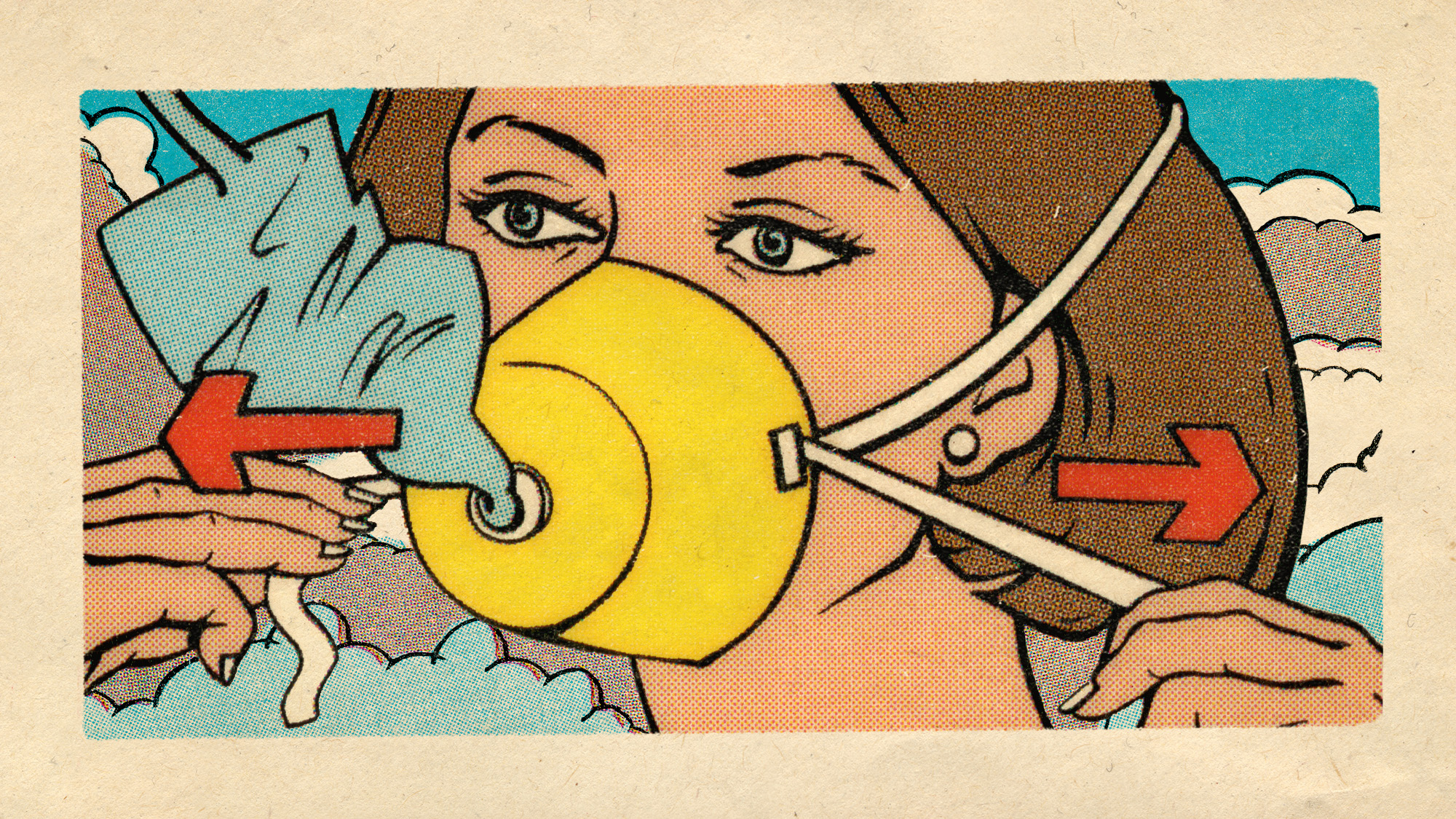 Toxic fumes on airplanes might be making you sick
Toxic fumes on airplanes might be making you sickUnder the Radar Aircraft manufacturers have allegedly downplayed the risks
-
 Bangladesh plane crash kills at least 25 children
Bangladesh plane crash kills at least 25 childrenSpeed Read A fighter jet experienced a mechanical failure and crashed into a school in Dhaka
-
 Hundreds die in Air India crash with 1 survivor
Hundreds die in Air India crash with 1 survivorSpeed Read The London-bound Air India Boeing 787 Dreamliner crashed soon after takeoff
-
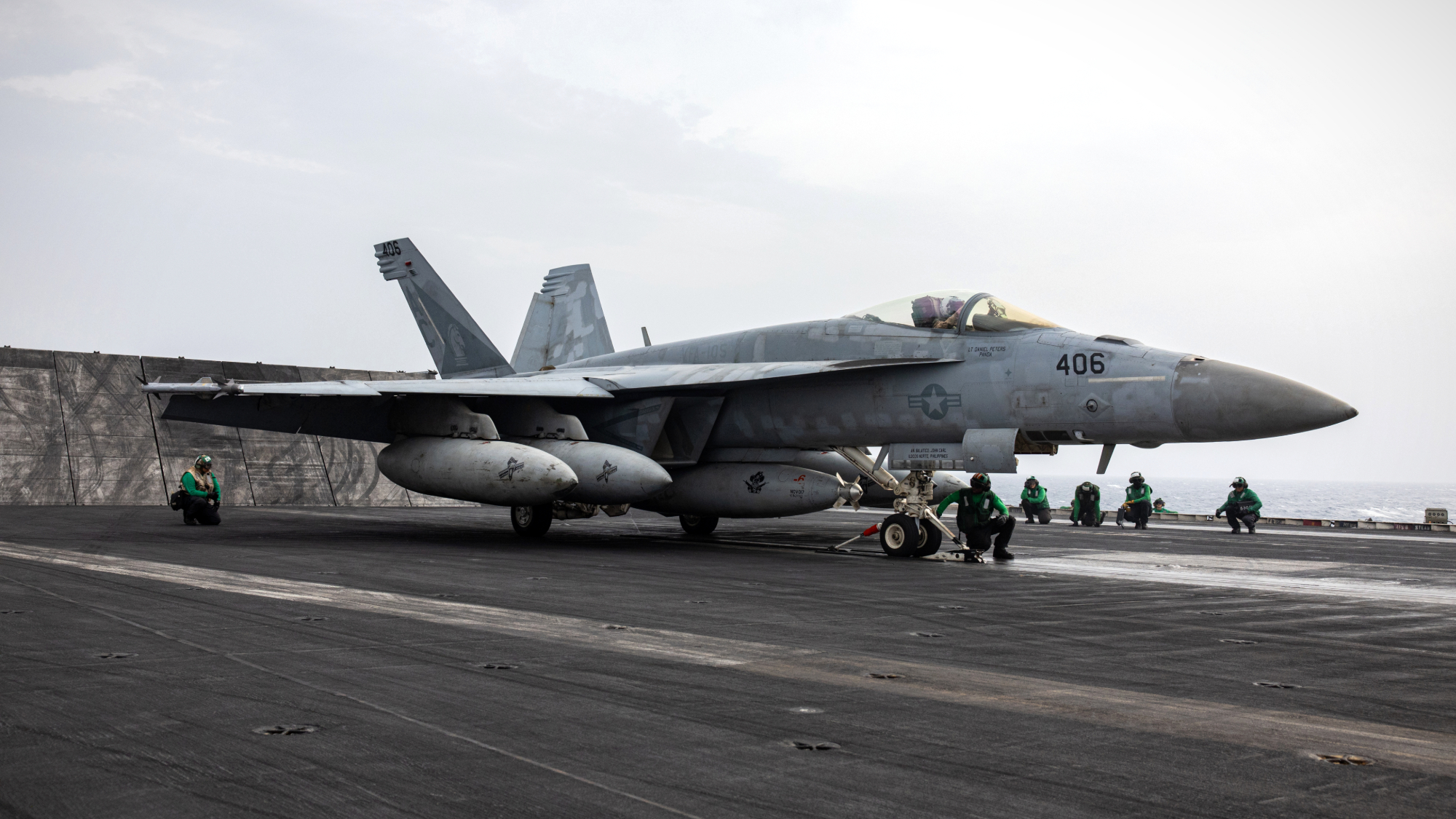 Navy loses $60M fighter jet from aircraft carrier deck
Navy loses $60M fighter jet from aircraft carrier deckSpeed Read A fighter jet slipped off the deck of the USS Harry S. Truman and was lost at sea
-
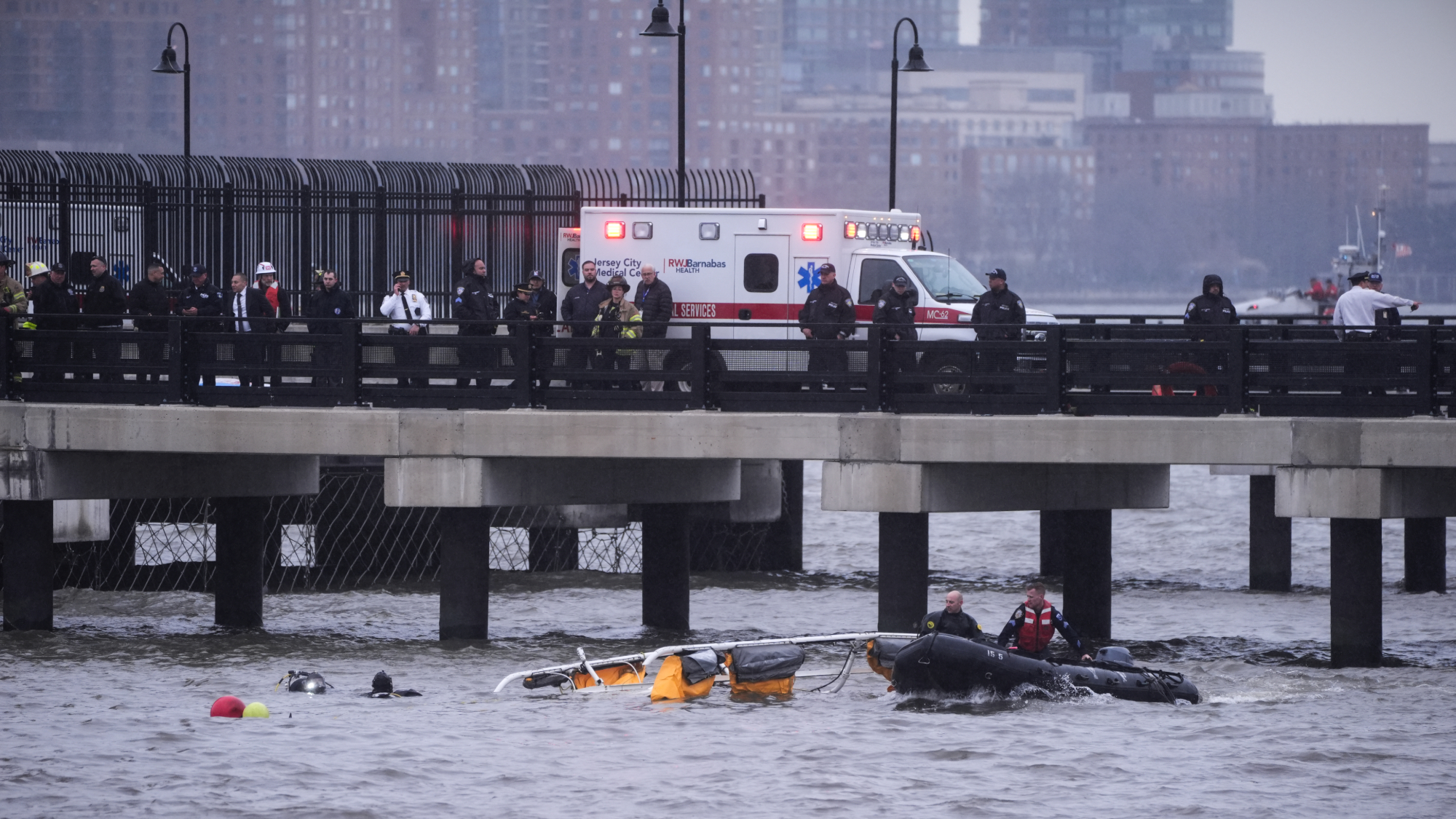 New York helicopter crash kills family, pilot
New York helicopter crash kills family, pilotspeed read A sightseeing helicopter crashed into the Hudson River, killing a family of Spanish tourists
